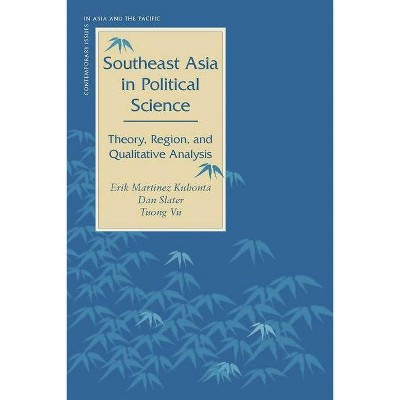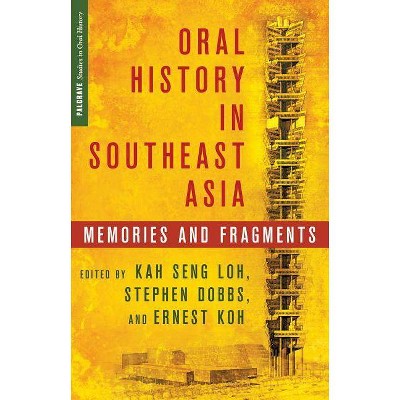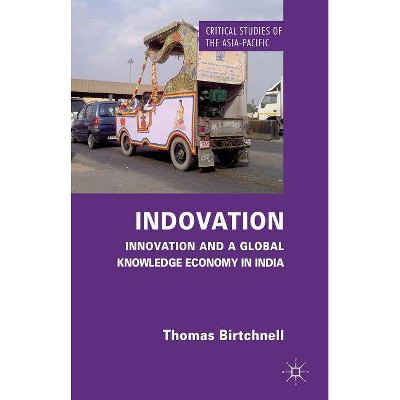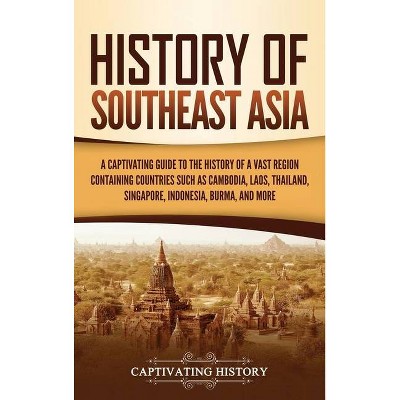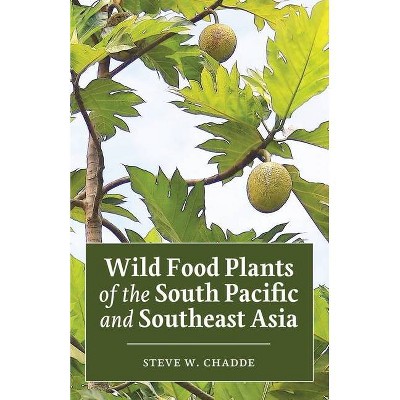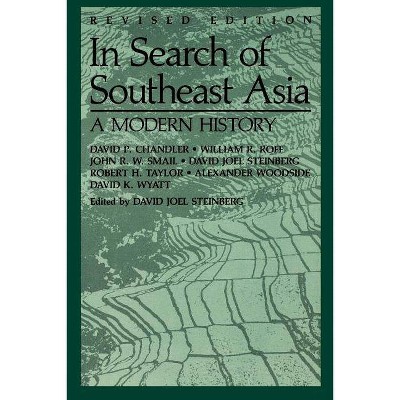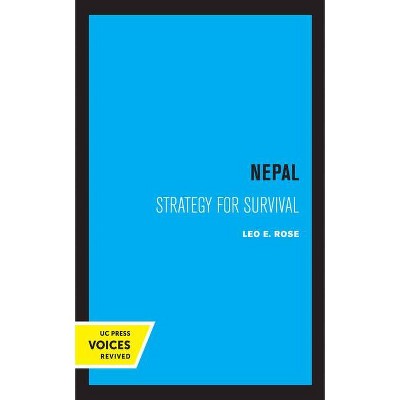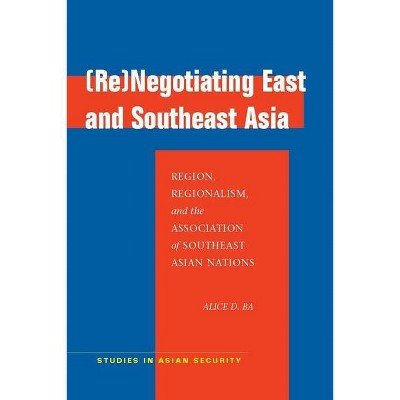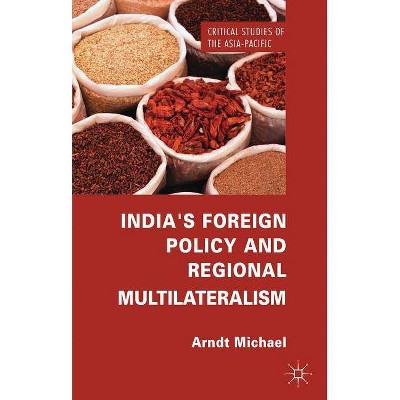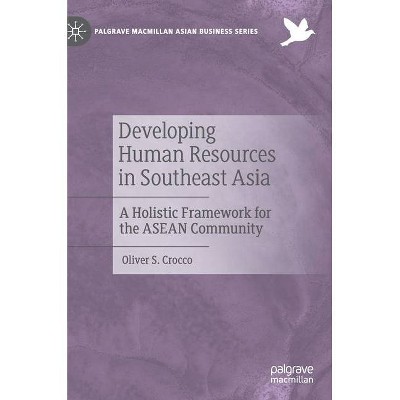Strategies of Authoritarian Survival and Dissensus in Southeast Asia - (Palgrave Asia and Pacific Studies) by Sokphea Young (Hardcover)
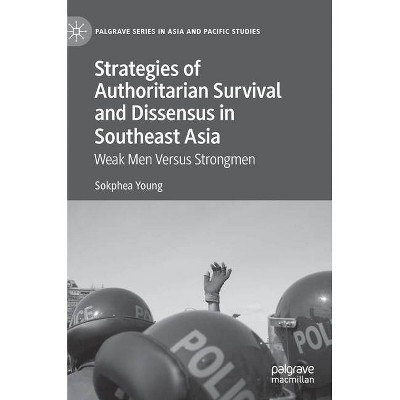
Similar Products
Products of same category from the store
AllProduct info
<p/><br></br><p><b> Book Synopsis </b></p></br></br><p>This book analyses how authoritarian rulers of Southeast Asian countries maintain their durability in office, and, in this context, explains why some movements of civil society organizations succeed while others fail to achieve their demands. It discusses the relationship between the state-society-business in the political survival context. As the first comparative analysis of strategies of regime survival across Southeast Asia, this book also provides an in-depth insight into the various opposition movements, and the behaviour of antagonistic civic and political actors in the region.</p><p> </p> <p></p><p/><br></br><p><b> From the Back Cover </b></p></br></br><p>"This book is a valuable contribution to the literature on authoritarian persistence and its relation to popular opposition and protest. With its unique comparative analysis of regimes across Southeast Asia, this book uncovers important empirical information about political leadership and state-society relations in countries that have received relatively little attention in the scholarly literature, while simultaneously providing new theoretical insights of interest to scholars, practitioners, and the general public alike."</p> <p>- <b>Teresa Wright</b>, Chair and Professor, California State University Long Beach, USA</p> <p> </p> <p>"This book offers excellent insights into complex political developments and regime durability in Southeast Asia, especially Cambodia, Indonesia, and Malaysia. Not only does the book make a contribution to the academic fields of comparative politics, political economy, and social movements, it is also well-written and accessible to anyone interested in Southeast Asian politics."</p> <p>-<b> Sorpong Peou</b>, Professor, Ryerson University, Canada</p> <p> </p> <p>"In this fascinating and timey intervention, Sokphea Young takes stock of the region's political landscape in a sobering account of the difficult path ahead. Insightful, engaging, and an urgent appeal for political change at a moment when Southeast Asia is quickly rising in global strategic and economic importance."</p> - <b>Simon Springer</b>, Professor, University of Newcastle, Australia</p> <p> </p> This book analyses how authoritarian rulers of Southeast Asian countries maintain their durability in office, and, in this context, explains why some movements of civil society organizations succeed while others fail to achieve their demands. It discusses the relationship between the state-society-business in the political survival context. As the first comparative analysis of strategies of regime survival across Southeast Asia, this book also provides an in-depth insight into the various opposition movements, and the behaviour of antagonistic civic and political actors in the region.</p> <p> </p> <p><b>Sokphea Young</b> is a postdoctoral researcher at the University College London, UK. His research is published, variously, in <i>Journal of International Relations and Development, Journal of Civil Society, Asian Politics and Policy, Asian Journal of Social Science</i>, <i> Journal of Current Southeast Asian Affairs, the Chinese Journal of Comparative Law and South East Asia Researc</i><i>h</i>.</p><br></p><p/><br></br><p><b> About the Author </b></p></br></br><p><b>Sokphea Young</b> is a postdoctoral researcher at the University College London, UK. His research is published, variously, in <i>Journal of International Relations and Development, Journal of Civil Society, Asian Politics and Policy, Asian Journal of Social Science</i>, <i> Journal of Current Southeast Asian Affairs, the Chinese Journal of Comparative Law and South East Asia Researc</i><i>h</i>.<br></p><br>
Price History
Price Archive shows prices from various stores, lets you see history and find the cheapest. There is no actual sale on the website. For all support, inquiry and suggestion messages communication@pricearchive.us
